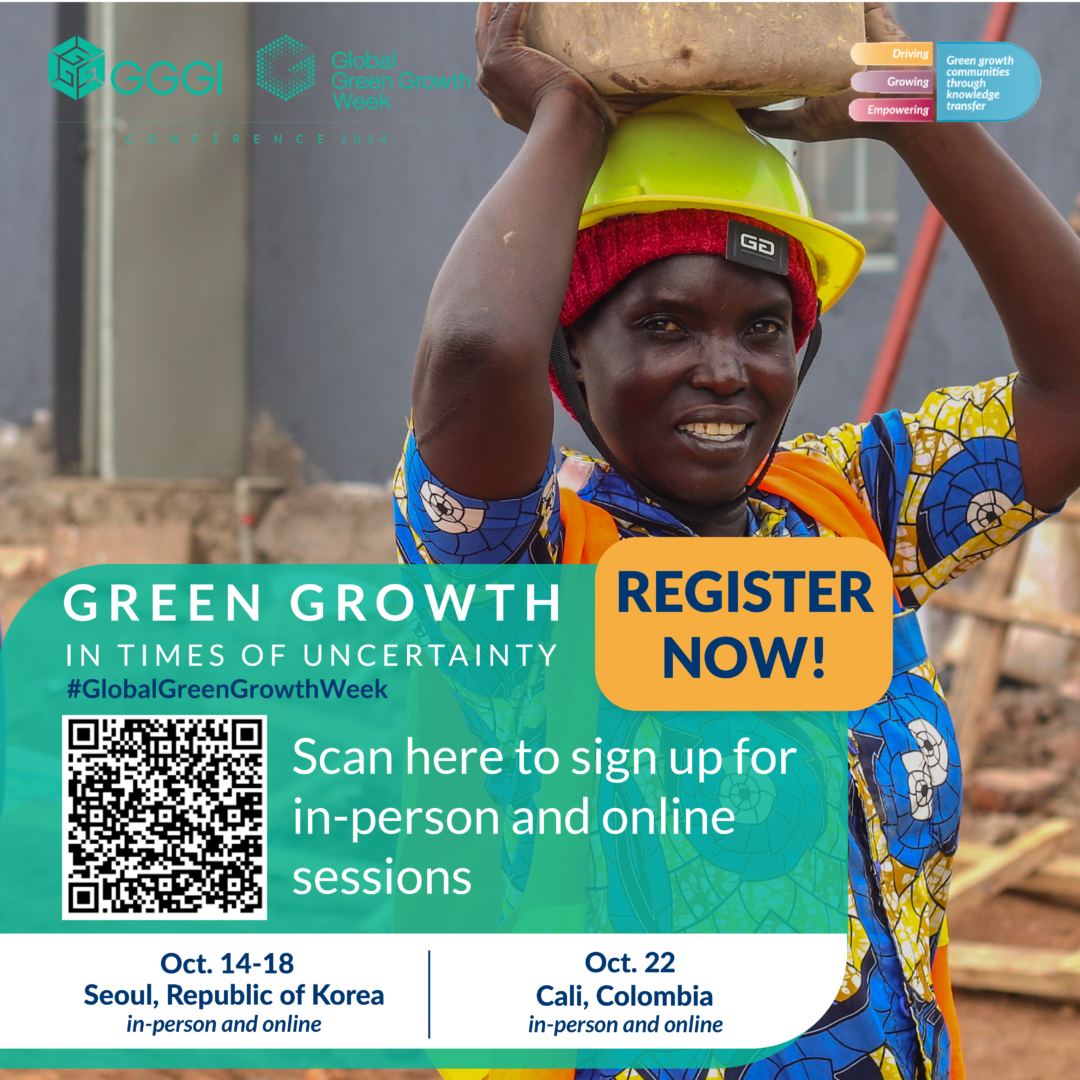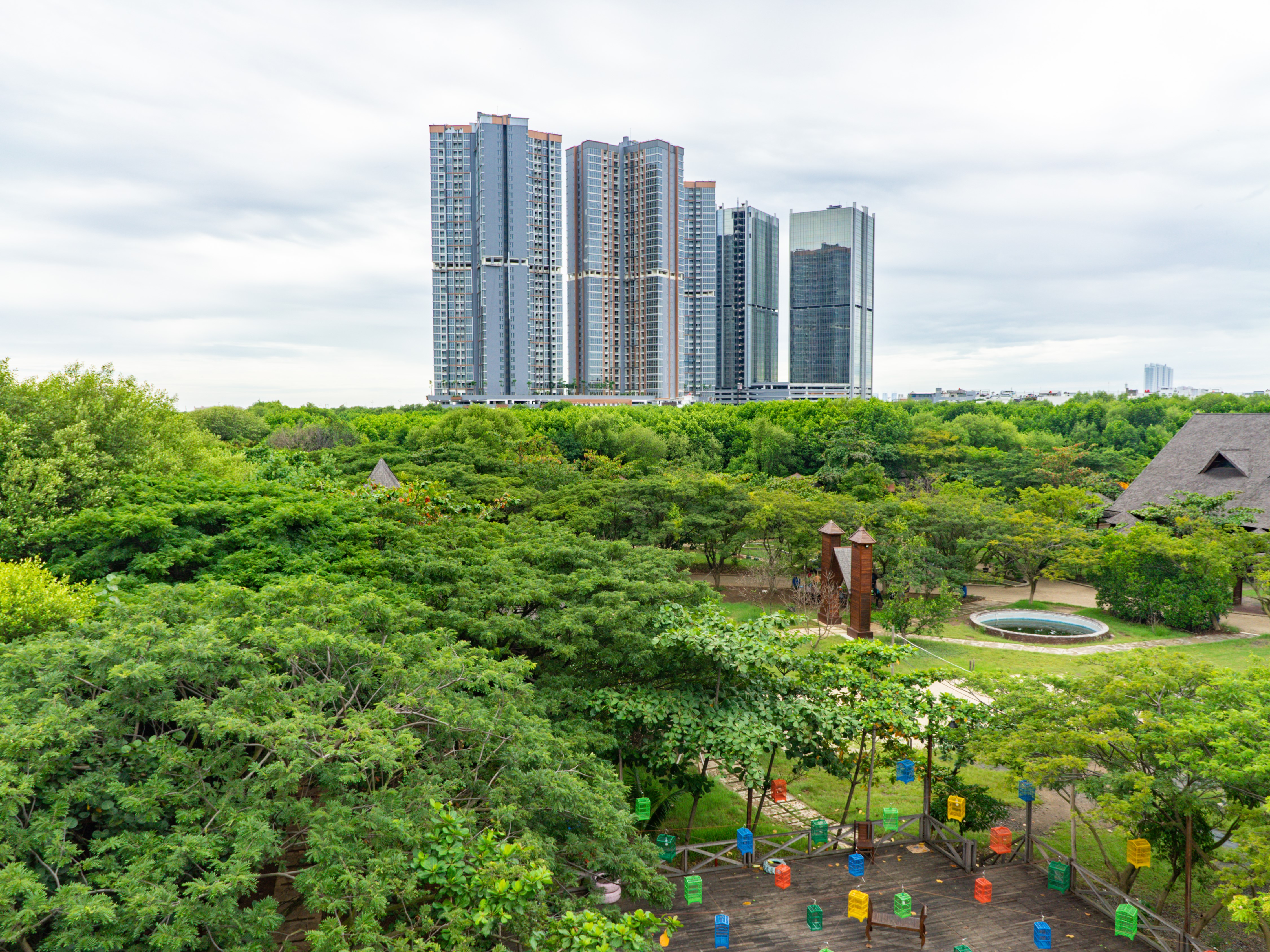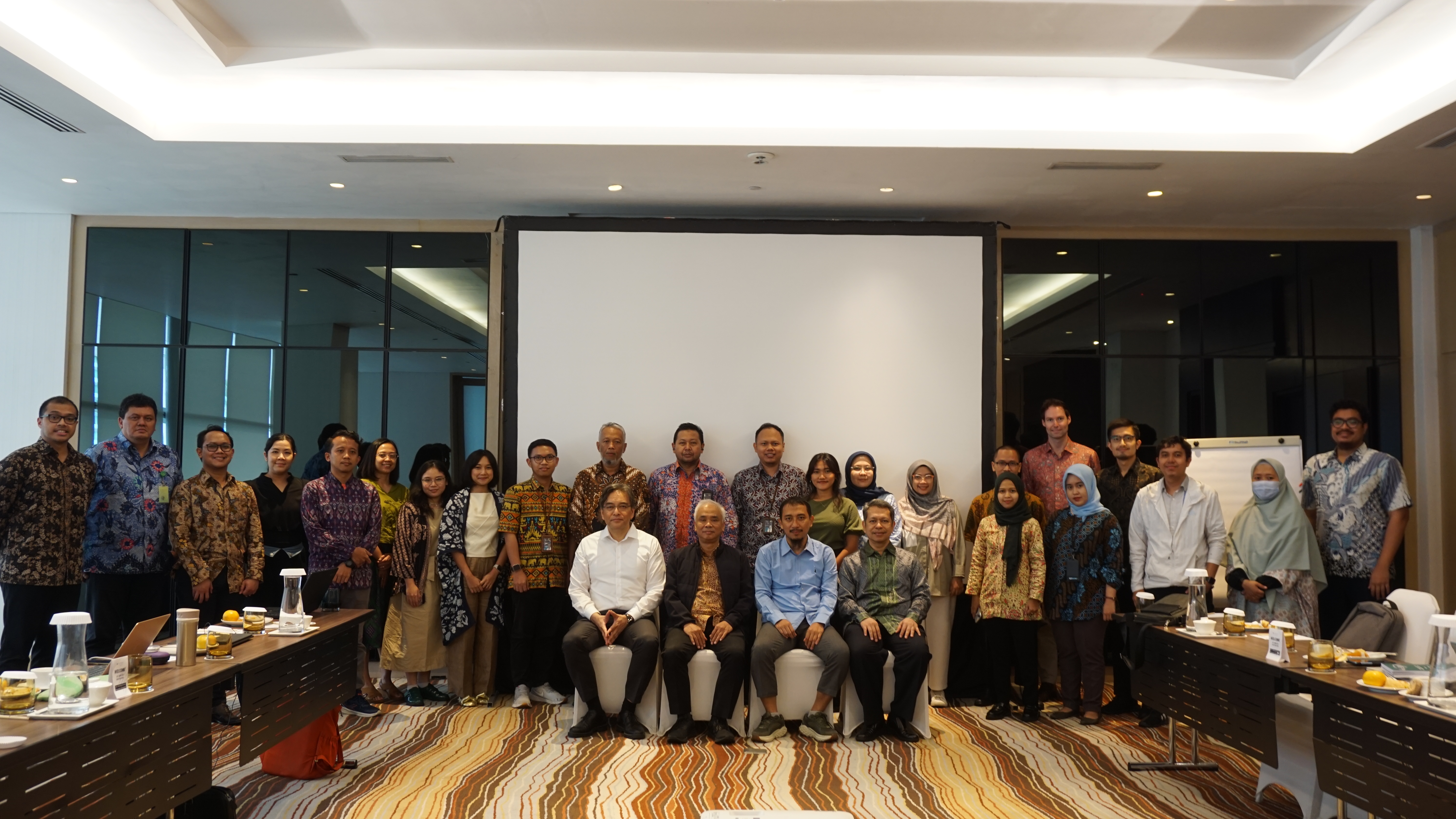Experts Gather Reviewing SEA
The Ministry of Environment and Forestry (MoEF) supported by GGGI organized the 2nd Strategic Environmental Assessment (SEA) Review on Friday, 20 July 2018 in Jakarta.
The one-day event was attended by 11 SEA experts from different parts of Indonesia and officials of the Directorate of Pollution Impact Prevention for Regional and Sectoral Policies of the Ministry, and representatives from the National Coordinating Body of Environment Research Centres. The Minister’s Special Advisor on Natural Resource Economics, Laksmi Wijayanti gave the opening speech on updates of the current SEA practices and the anticipated needs of SEA as one of environmental safeguard tools in the future.
The event served as a consultative session to obtain analytical and technical inputs from the experts for improvements of the SEA documents submitted to MoEF. Those documents are SEA reports for Medium-term Development Plan of Jakarta Province, Spatial Plans of Riau Province, Marine and Coastal Zoning Plan of Central Kalimantan, Masterplan of Special Economic Zone of KIPI Malloy, and Masterplans of Provincial Special Zones in South Sulawesi.
As mandated by Law No. 32/2009 concerning Environmental Protection and Management, local governments are obligated to conduct SEAs to ensure that sustainable development principles are integrated in the development and spatial planning documents. Among those documents are the Regional Medium-term Development Plan, the Regional Spatial Plan, and Marine, Coastal, Small Islands Zoning Plan. The SEA inputs focused on procedures, substance (methods and tools used), post-SEA needs, as well as how the SEA documents could embrace different requirements as stated by Government Regulation No 46/2016, and Ministerial Decrees No. 69/2017 of MoEF and No. 7/2018 of Ministry of Home Affairs.
By the end of the day, the experts had successfully wrapped up the review, which included comments to the owner of the documents, inputs to MoEF in improving their standards and format of the validity review, identification of gaps regarding the quality of SEA reports and suggestions to improve SEA quality through technical assistance in SEA implementation and conducting capacity building to both owners of the public-private partnerships and experts who conduct the SEA.
Among the suggestions were to establish an expert peer group to provide technical back up for MoEF in implementing their policies in SEA-related issues, and to resurrect the SEA University Network with the assistance of the National Coordinating Body of Environment Research Centres to ensure that impacts of this support can penetrate as far down to districts level.




